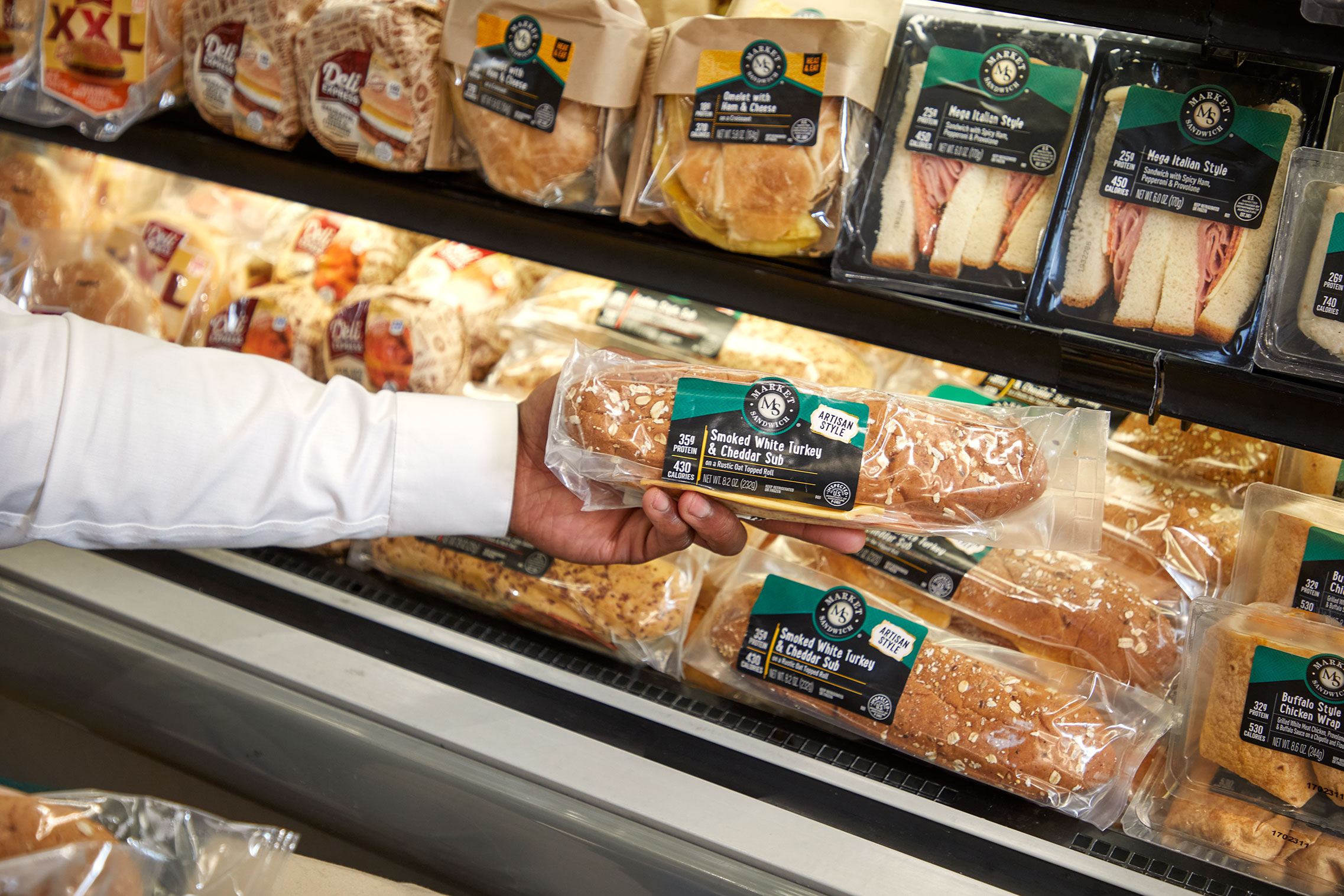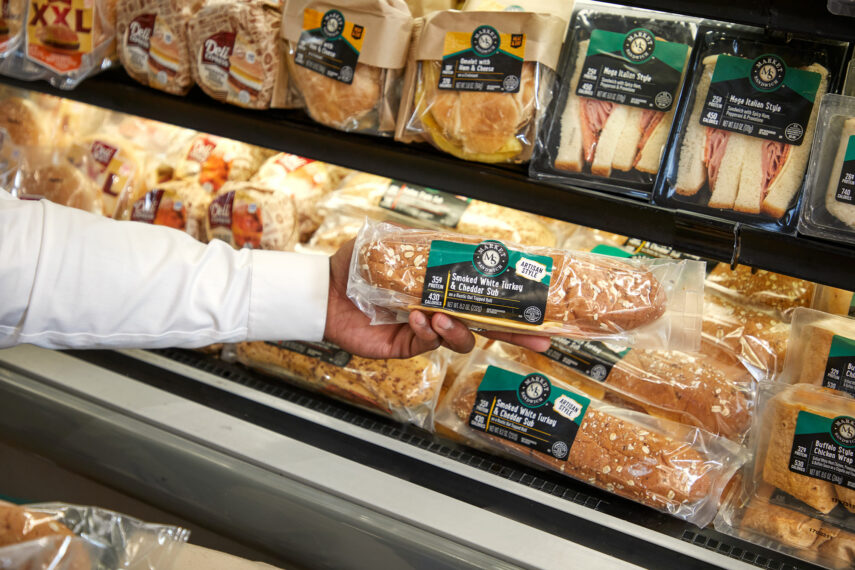
Discover how combining fresh food programs with pre-packaged sandwiches revolutionizes retail profitability, offering customers both quality and convenience.
Due to inflation and increased demand with fewer available workers, 25 U.S. states have raised their minimum wages in 2024 as reported by Workspan Daily. This change is causing some headaches for retailers, who are having to get creative to stay profitable. Small businesses with narrow profit margins might need to reduce staff or working hours to stay afloat.
For c-stores and supermarkets that make sandwiches in-store or through commissaries, it’s becoming a real challenge to keep their ready-to-eat food profitable. But, offering fresh food is still important since customers expect it.
The problem is that fresh food goes bad quickly and can end up being thrown out, which is tough on retailers. One solution that’s popping up is to mix in shelf-ready items that have a longer shelf life, such as E.A. Sween’s pre-packaged sandwiches.
This combination of fresh and shelf-ready food has some perks for retailers:
1. Fully Stocked Shelves: With shelf-ready food, shelves stay stocked, keeping customers happy and boosting sales.
2. Reduced Food Waste: Since shelf-ready food lasts longer, there’s less fresh food going to waste.
3. Decreased Labor Requirements: Using shelf-ready items means stores don’t need as many people or hours to prepare and maintain food, making things run smoother.
4. Reallocation of Labor Hours: With less time spent on sandwich prep, employees can focus more time on programs with higher margins.
Retailers are having to get creative with increased minimum wages to maintain profitability. Complementing fresh programs with pre-packaged food is a smart solution, making stores more efficient and giving customers what they want. This approach shows that stores can adapt to changes and be successful in today’s competitive market.



